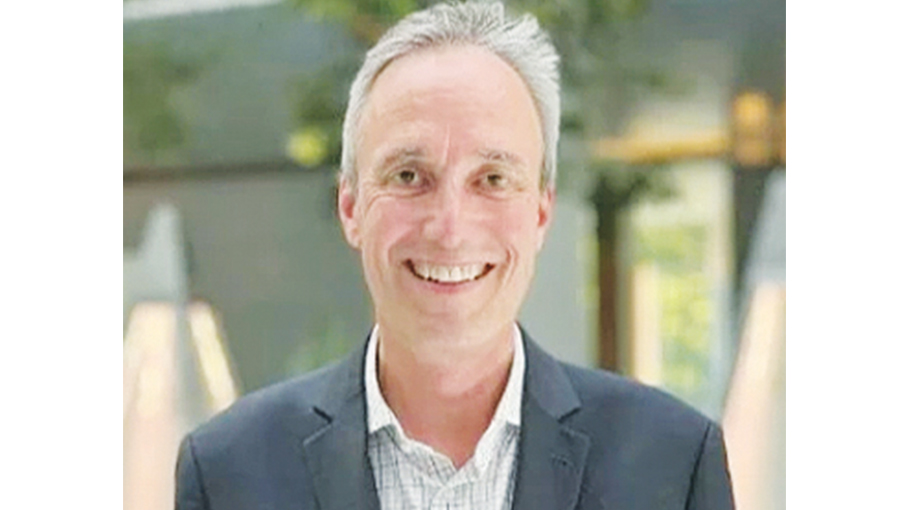Bangladesh has opportunity to implement unaddressed critical reforms: WB Vice President

Pledging the World Bank's support for critical reforms to help the country achieve inclusive and sustainable growth, its Vice President for South Asia Martin Raiser on Thursday said Bangladesh has the opportunity to implement critical reforms that were unaddressed for a longtime.
Raiser met Chief Adviser Prof Muhammad Yunus and discussed the World Bank’s programme of approximately $2.3 billion for the current fiscal year.
The financing will help Bangladesh enhance economic resilience, recover from the recent flood, undertake public and financial sector reforms for better service delivery, build a clean energy sector, and improve air quality and health outcomes.
“Through existing and new investments, we are focusing on improving economic governance and creating more and better jobs for the 2 million Bangladeshi youth entering the job market every year,” Raiser said.
Raiser, who concluded his visit to Bangladesh, expressed his condolences for the tragic loss of lives in July and August. The World Bank is in discussions with the health ministry to provide urgent support for the treatment of the critically injured students and affected individuals.
Further, the World Bank will support rehabilitation and livelihood restoration to the people affected in the recent flood in eastern districts.
He also conveyed appreciation for Bangladesh's generous decision to continue providing shelter to about a million displaced Rohingya people fleeing violence in Myanmar.
The World Bank has recently approved $700 million programme for the displaced Rohingyas and the host communities.
Raiser also met with the Finance Adviser, Energy Adviser and Bangladesh Bank Governor and discussed critical reforms aimed at helping Bangladesh build economic resilience, safeguard financial sector stability, and improve governance, transparency, and accountability.
Raiser highlighted the substantial resources available to Bangladesh from the existing portfolio of World Bank financed projects, which could be repurposed as needed to provide additional funding for the government’s most urgent priorities to set the country on a new sustainable growth path.




